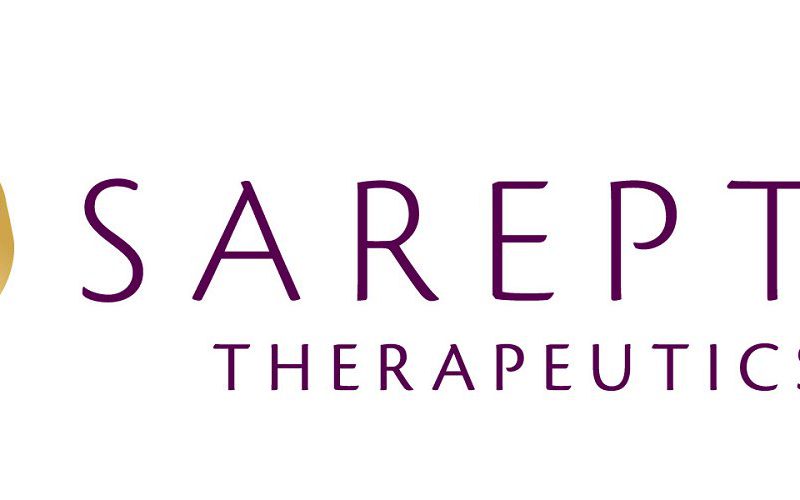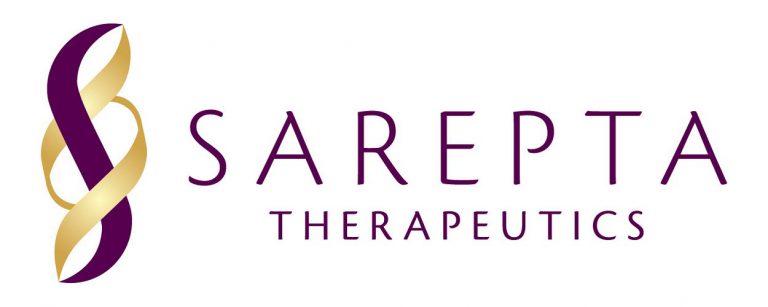Sarepta therapeutics has announced preliminary results of a gene therapy trial that is using a harmless virus to deliver a small but functional dystrophin gene (micro-dystrophin) to the leg muscles of people living with Duchenne. The early results are encouraging, but it is too early to say whether the potential treatment will prove to be safe or effective.
Researchers are using a harmless virus to deliver a functional copy of the dystrophin gene to cells. However, since the gene is so large – too big to be carried by the virus – they have developed smaller genes that can produce smaller but functional versions of the dystrophin protein (called microdystrophin). By using a virus that preferentially infects muscle, heart and diaphagm cells, researchers hope to be able to restore some dystrophin production where it is needed most.
So far, three people living with Duchenne have received the potential treatment. Following treatment, high levels of the micro-dystrophin protein was produced in the muscles of all three trial participants and researchers found reduced levels of creatine kinase in the blood (a measure of muscle damage). Although these results are really encouraging, it’s too early to say whether will prove to be safe and effective.
While these results are encouraging, it’s important to note that the trials are at a very early stage and further testing will be needed to show whether this potential treatment is safe and effective. – Neil Bennett, Director of Research, Action Duchenne
Importantly, if the treatment does prove to be safe and effective, it could have the potential to treat all those living with Duchenne muscular dystrophy, in a mutation-independent way.
Find out more
- Contact Neil Bennett, Director of Research to find out more about the science of Duchenne or call 020 7250 8240
- Book ‘early bird’ 2 for 1 tickets for the Action Duchenne Conference
- More about potential therapies for Duchenne



 Solid Biosciences announce FDA have removed clinical hold from their gene therapy trial
Solid Biosciences announce FDA have removed clinical hold from their gene therapy trial
